The Panel Settlement in Andamans: 1858-1870
Synopsis
The panel settlement in Andamans: 1858-1870 brings together two accounts written by two freedom fighters who spent long terms in the settlement.
The account by Maulana Khairabadi titled The Indian Rebellion, originally written in Arabic Prose and poetry, gives us the eyewitness details of the fighting between the rebel and the British armies in Delhi and Lucknow. This account is of special interest as it describes not only the misery and sufferings but makes it clear that the rebellion failed primarily due to incompetence and corruption of the rebel leaders both in Delhi and in Lucknow. His account of the Penal Settlement describes the locale, as it was when first prisoners reached there after the suppression of the rebellion and under what inhuman conditions, both natural and manmade, they had to live in. Khairabadi shows staunch religious belief, but without any prejudice.
Tawarikh-I-Ajeeb of Thanesari tells us about the settlement when the confinement conditions had improved and the natural surroundings had been domesticated to some extent. Maulana Thanesari was the chief accused in the famous Patna Wahabi Trial involving a chain build for transfer of money, arms and men to the Wahabi centers in Northwestern Frontier region where fierce fighting was going on between the Wahabis and the British. Sentenced to death and then commuted to life imprisonment, the account provides a vivid account of British jails in Punjab. Sindh and Bombay. It tells us about the Andamans of a time when the natural and prison conditions had substantially improved.
Read more
The account by Maulana Khairabadi titled The Indian Rebellion, originally written in Arabic Prose and poetry, gives us the eyewitness details of the fighting between the rebel and the British armies in Delhi and Lucknow. This account is of special interest as it describes not only the misery and sufferings but makes it clear that the rebellion failed primarily due to incompetence and corruption of the rebel leaders both in Delhi and in Lucknow. His account of the Penal Settlement describes the locale, as it was when first prisoners reached there after the suppression of the rebellion and under what inhuman conditions, both natural and manmade, they had to live in. Khairabadi shows staunch religious belief, but without any prejudice.
Tawarikh-I-Ajeeb of Thanesari tells us about the settlement when the confinement conditions had improved and the natural surroundings had been domesticated to some extent. Maulana Thanesari was the chief accused in the famous Patna Wahabi Trial involving a chain build for transfer of money, arms and men to the Wahabi centers in Northwestern Frontier region where fierce fighting was going on between the Wahabis and the British. Sentenced to death and then commuted to life imprisonment, the account provides a vivid account of British jails in Punjab. Sindh and Bombay. It tells us about the Andamans of a time when the natural and prison conditions had substantially improved.
36.90
33.21
$
41.00 $
Free delivery Wolrdwidе in 10-18 days
Ships in 1-2 days from New Delhi
Membership for 1 Year $35.00
Get it now and save 10%
Get it now and save 10%
BECOME A MEMBER
Books by the same author

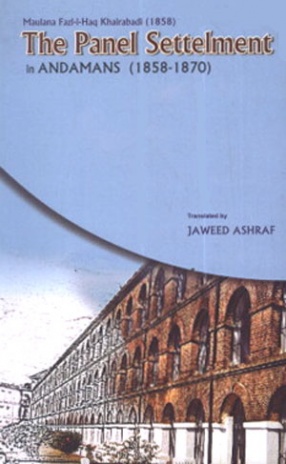

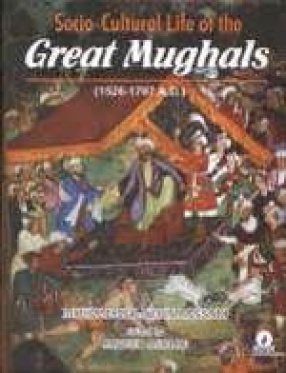
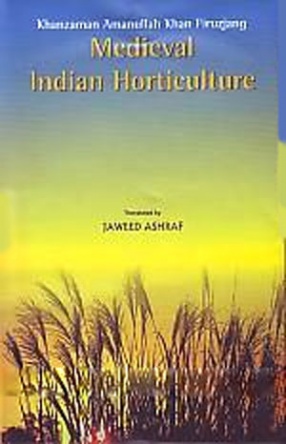
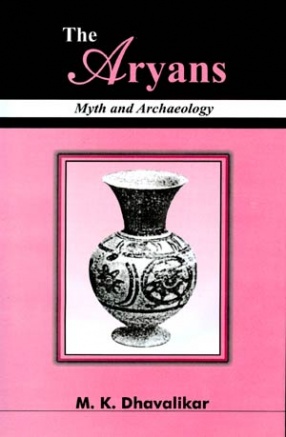
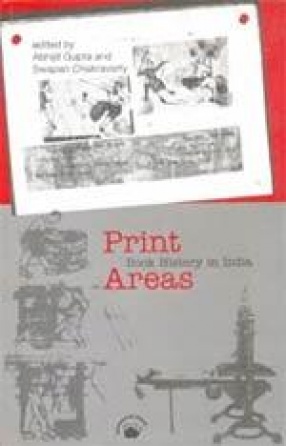
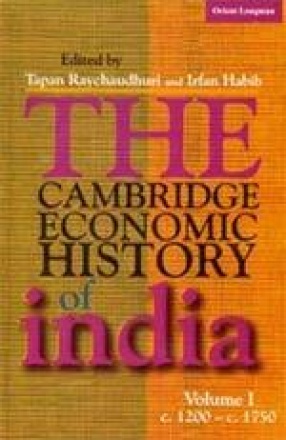

Bibliographic information